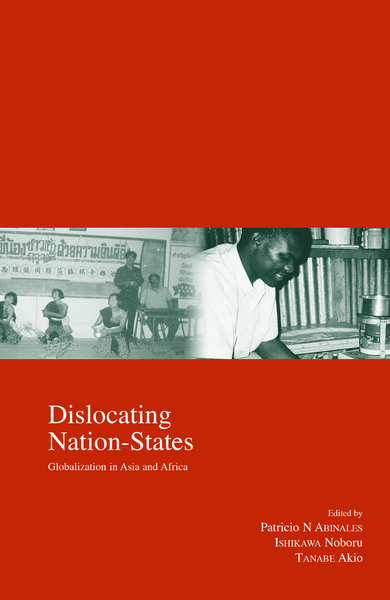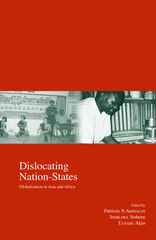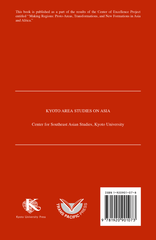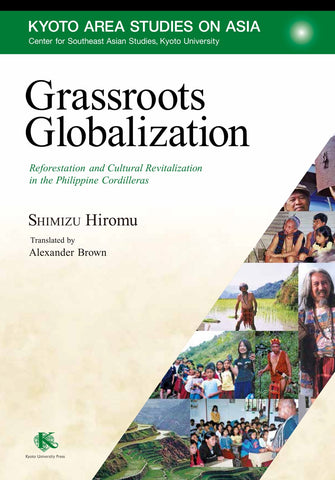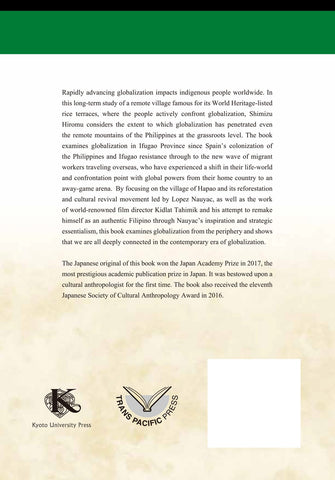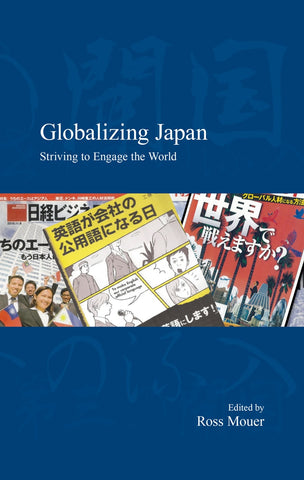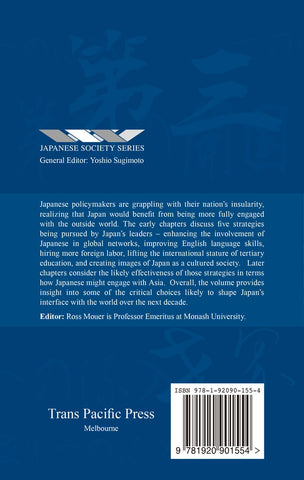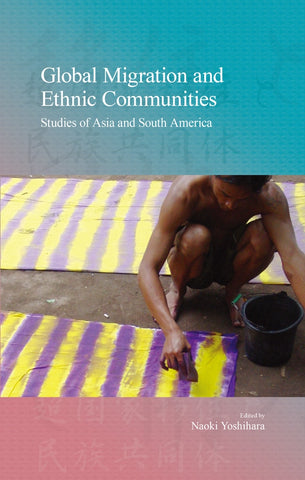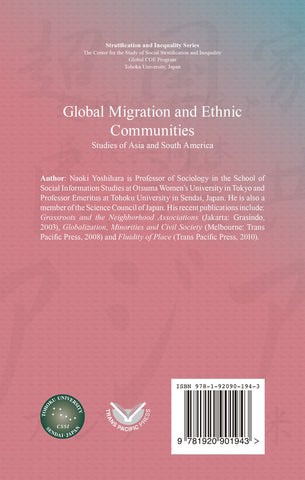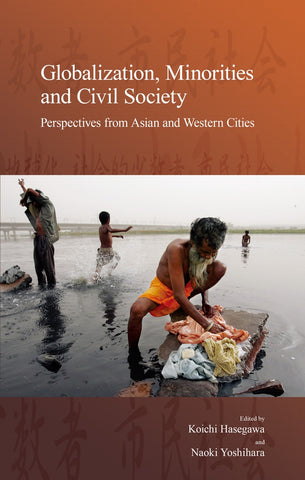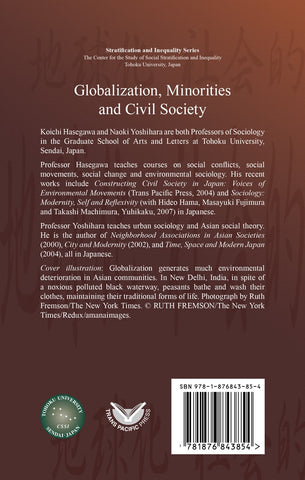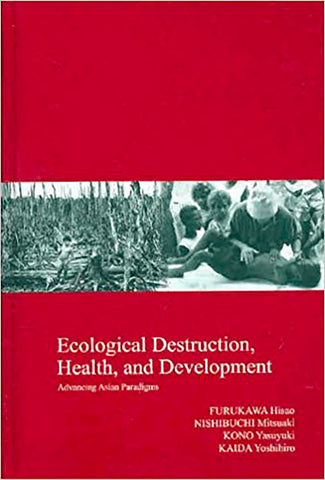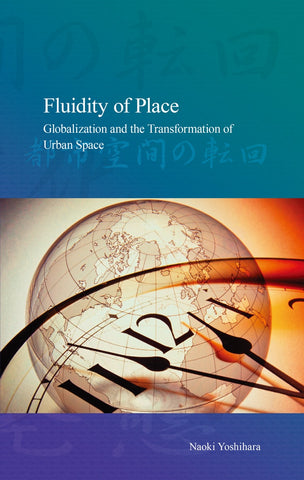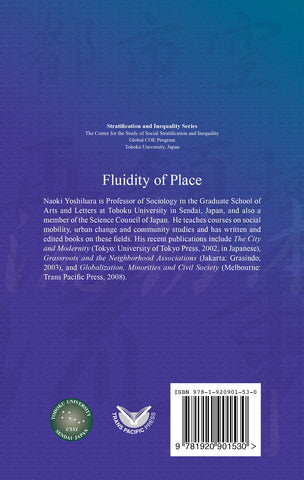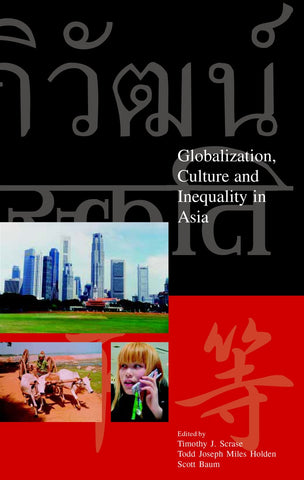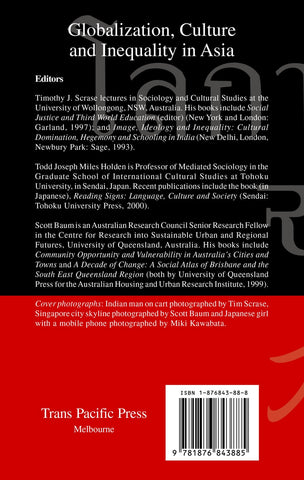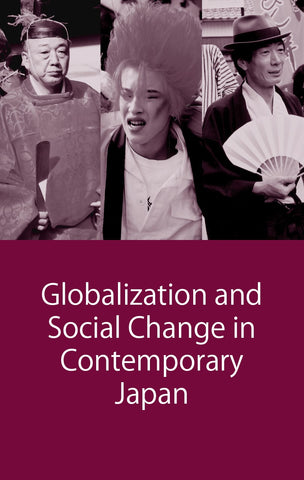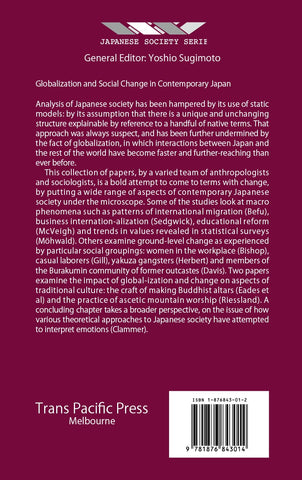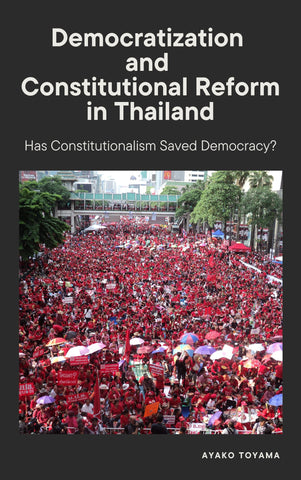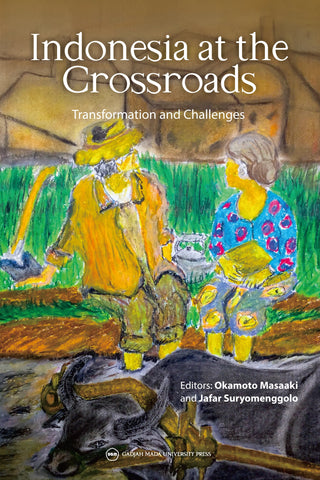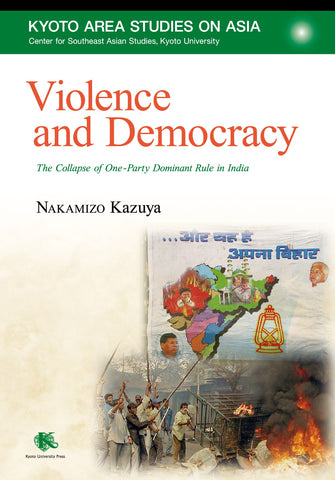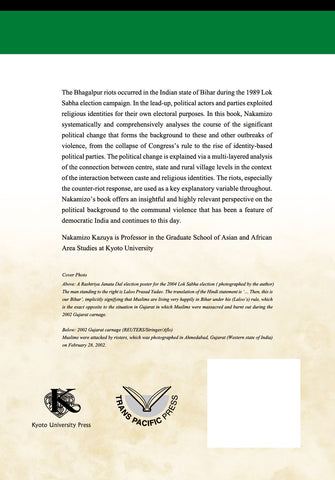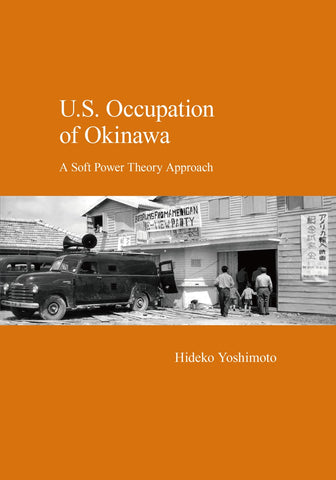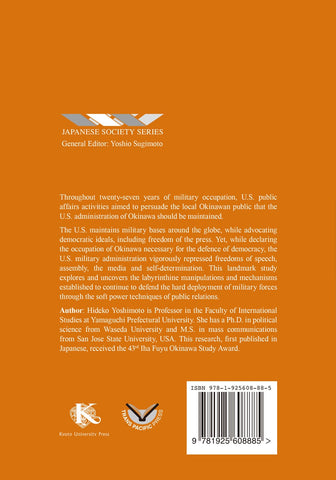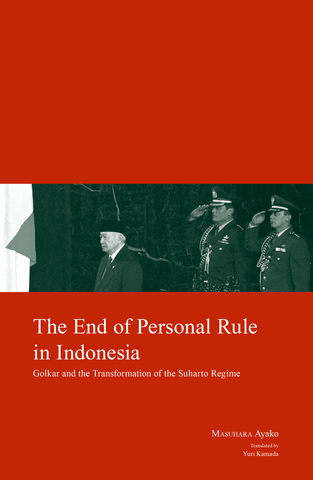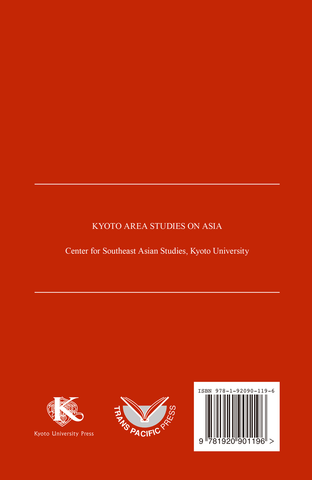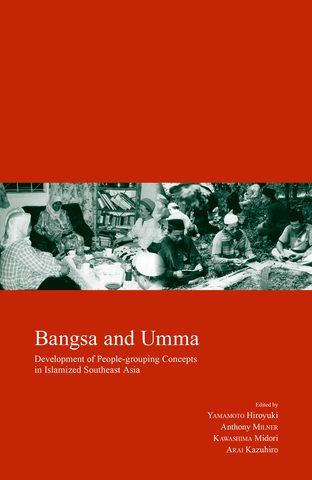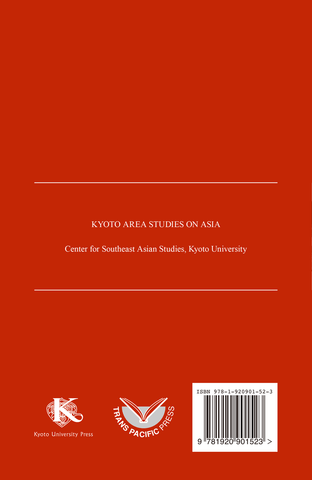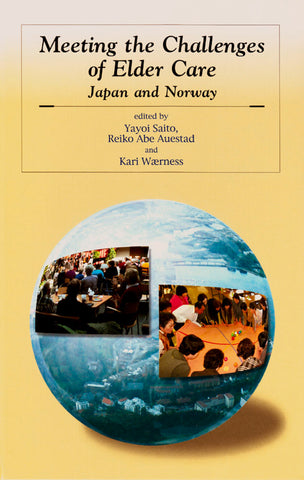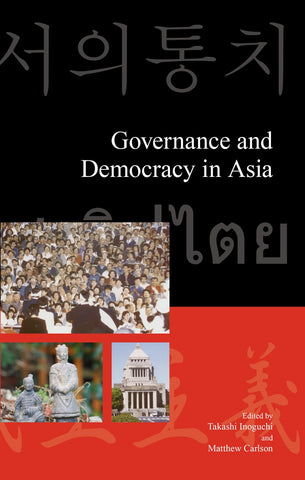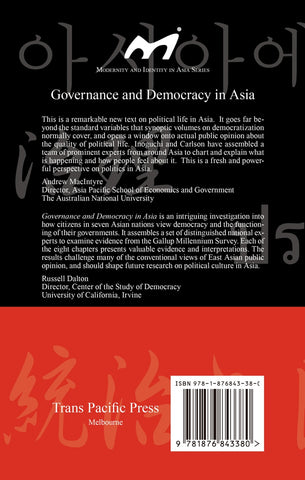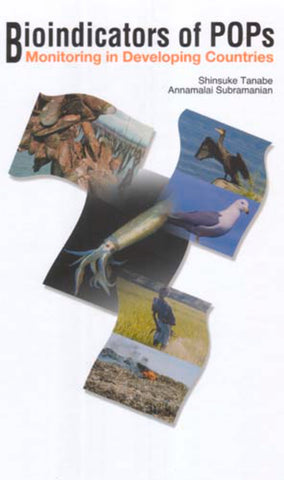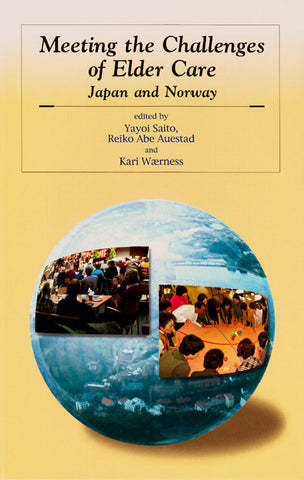Dislocating Nation-States
Many In Stock
As much of the world turns its attention to questions of the role and even survival of the nation-state formation in an increasingly globalized world, the authors of this interdisciplinary volume shift the focus of the debate by examining various sites of social action where the nation-state is still in a formative stage even as it is increasingly under threat. Challenges to emergent nation-building arise both from within multi-ethnic "states" as well as from without, e.g., through pressure from international human rights organizations and the global capitalist marketplace. The authors demonstrate, too, that this betwixt and between situation is neither entirely new nor unique to the globalized world system; parallel tensions already existed between locals and migrants of regional trading networks before the European colonizers arrived on the scene to further complicate matters. Including micro level ethnographies, local histories and a macro-theoretical overview of the world-system, this volume directly engages with the complexities of globalization in marginal and troubled states, complexities that are themselves typically marginalized in debates all too often obsessed with the plight of the most powerful and developed nations.
About Editors and Authors
Patricio N. Abinales
Patricio N. Abinales is Professor in the School of Pacific and Asian Studies, University of Hawaii-Manoa. From the Philippine island of Mindanao, he first completed a BA in history at the University of the Philppines-Diliman before obtaining a PhD in Government and Asian Studies at Cornell University in 1997. He is the Southeast Asia editor of Critical Asian Studies and editorial board-member of a number of other eminent Asian studies and social science journals. His current research focuses on the popularity of the USA among Muslim Filipinos and the relationship between violence and the fraternity system at tertiary education institutions in the Philippines.
ISHIKAWA Nobou
ISHIKAWA Nobou is Professor at the Center for Southeast Asian Studies, Kyoto University. His fields of research are area studies and social anthropology, and recent research interests include biomass society in the tropics and plantation society. He received an MA from the Faculty of Humanities, Tokyo Metropolitan University, and completed his PhD in Anthropology at the New York City University Graduate School.
TANABE Akio
TANABE Akio is a Japanese cultural anthropologist who is Professor at the Department of Cultural Anthropology, Graduate School of Arts and Sciences, and Director (2017–) of the Center for South Asian Studies at the University of Tokyo. He specializes in the historical anthropology of South Asia, especially India, with an emphasis on caste and religion, democratization and social change and South Asian paths of development. As series editor, he launched the multidisciplinary series New Horizons in South Asian Studies published by Routledge, London, and was co-editor of the first volume titled Democratic Transformation and the Vernacular Public Arena in India (2014) and the fourth volume titled Human and International Security in India (2015).
